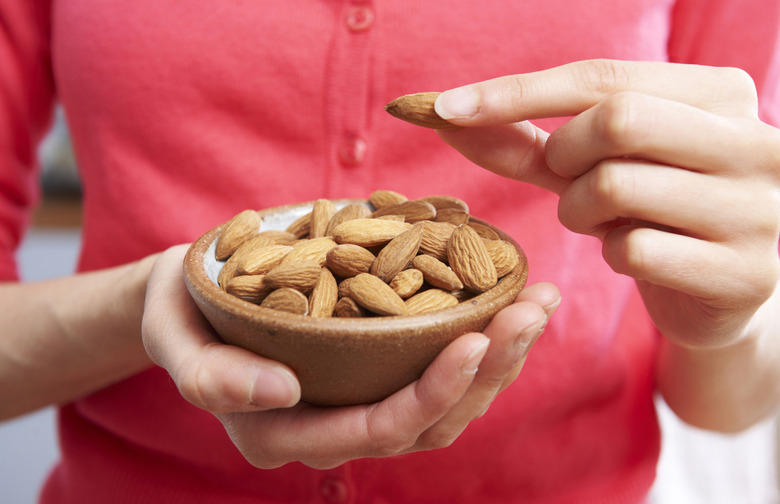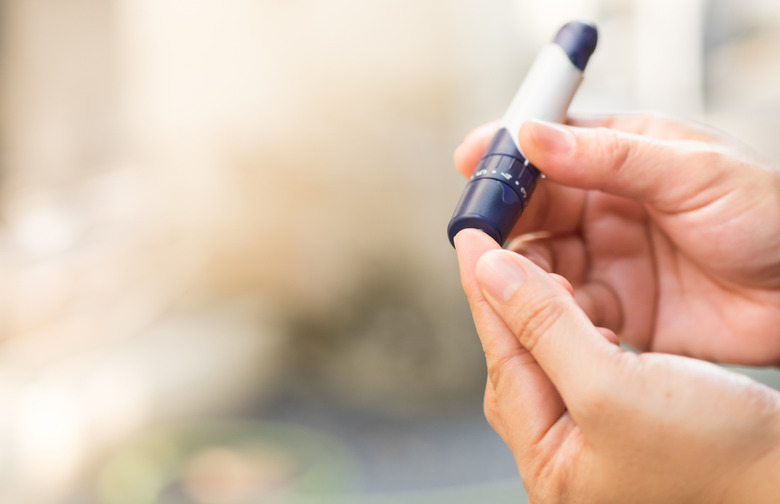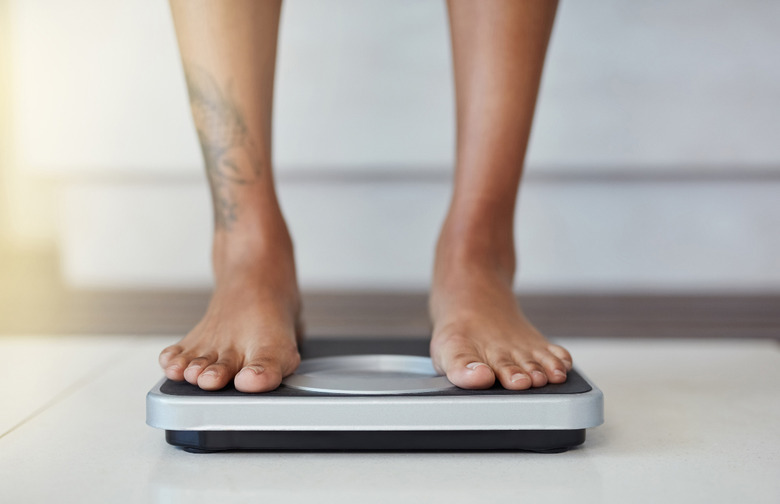The 12 Reasons Salt Is Actually Good For You Slideshow
Salt has been abhorred by the health food industry for ages — the simple compound sodium chloride, which occurs naturally in many foods, was rumored to be linked to weight gain, extreme thirst, and heightened blood pressure.
Salt-free pretzels made a comeback in grandparents' pantries and "reduced sodium" quickly began to equate to "healthier" in shopper's minds. Fast food and restaurant chains were scorned for their tendency to add salt to food to make them taste better, accused for trying to induce American consumers with uncontrollable cravings for salty fries and Chinese noodles.
But as it turns out, those cravings may have another cause. The amount of sodium in the average diet has actually stayed consistent for over 50 years — a conclusion that contradicts popular beliefs that the rise of obesity is in part due to a simultaneous rise in sodium intake. People have been effortlessly self-regulating their sodium — until now, when people are purposefully restricting their intake.
Sodium restriction has caused many Americans — athletes in particular — to experience the unsavory side effects of deficiency, such as hormone disruption and fatigue. Those side effects happen when you bar yourself from experiencing the very real, very vital benefits that salt has to offer.
It Balances pH in Your Gut
Your digestive tract needs acid to do its job — the dissolving power of stomach acid is one of the main tools your stomach uses for digestion. Salt is acidic and can aid in the breakdown of tough-to-digest compounds.
It Can Keep Adrenaline in Check
You experience surges of adrenaline in more situations than you might think — running to catch a bus, making an important phone call, and even downing a cup of coffee are all scenarios where it's reasonable to expect a spike. However, adrenaline is a stress hormone, and it's beneficial only in moderate doses. That's where salt comes in. It can help regulate your adrenaline and keep things feeling normal.
It Can Help Fight Allergies
A little-known fact about salt is that it's actually a natural antihistamine. If you're having a life-threatening or otherwise severe reaction, you're going to need something stronger. But while it may not be as effective as medication, salt could help mitigate annoying allergy symptoms.
It Eases Muscle Cramping
When your sodium levels become dangerously low, you can experience a condition called hyponatremia — but not before warning signs, one of which is muscle cramping, occur. If you are sweating excessively or exercising intensely and experience a cramp, salt is probably what you need. Sip a mixture of salt and water for fast electrolytes. Unless the cramp culprit is something else entirely, the pain will dissolve.
It Encourages Mindful Eating
It's been scientifically proven — things made with salt taste way better. Mindful eating refers to the practice of not only paying attention as you eat, but paying attention to what you want to eat. If you're eating bland, tasteless food for the sake of avoiding sodium, you're not being mindful of your cravings. This can result in dissatisfaction, hunger, and even weight gain due to the insatiable cravings that lead to binge behavior.
It Keeps Cravings Normal and Balanced
Speaking of cravings... Salt can help regulate them. Once your body experiences a salt deficiency, you experience salt cravings for life. No joke — it's proven by science. In one study, sodium-deprived animals went crazy over disgustingly salty drinks. In another, infants who were given low levels of salt grew up to consistently crave it. Your body needs salt; when you deprive it, it's going to fight back with urges for saltier food.
It Keeps You Hydrated
This is why runners eat salted bananas and why sports drinks often contain sodium — it's an electrolyte that assists your body with the absorption of water. If you're sodium-deficient, your body is going to have a really hard time with water retention.
It Makes You More Energized for Exercise
Nancy Clark, a registered dietitian specializing in sports nutrition, recalled one of her clients' experiences with salt depletion. Her client, a marathon runner, often felt fatigued and inexplicably exhausted. She had been restricting her salt intake by eating exclusively low-sodium foods. Once she reintroduced salt to her diet, she felt energized and refreshed for her runs. When people exercise, they lose large quantities of sodium, potassium, and fluid — all of which salt helps your body retain.
It May Prevent Heart Disease
In multiple studies, a low sodium intake has been linked to an increase in heart disease risk. One shocking study even found that individuals who reduced their salt intake experienced a 160 percent increase in their risk of heart failure. We're not sure why, but your heart needs salt to keep your blood flowing.
It May Prevent Type 2 Diabetes
A diet that's low in salt can increase insulin resistance. Trust us — that's not what you want if you want to prevent the onset of diabetes. It could also be incredibly problematic for individuals already living with diabetes. In one study, decreased salt led to an increased likelihood of death for diabetes patients. Yikes.
It Might Promote Fat Loss
In theory, an increased salt intake should result in a decreased urine output, since salt causes the body to retain water. However, one study found that higher salt intake influenced participants to drink less, yet had no effect on urine output — implying that the urine was being produced by other processes. Scientists speculated that a potential cause could be fat oxidation, which results in fluid byproducts.
It Speeds Up Your Metabolism
Cortisol, a stress hormone produced by your thyroid, has a major slowing effect on your metabolism. Salt helps to mitigate the release of cortisol, evaporating this metabolic inhibition. Additionally, the increased retention of water in cells can result in a speedier metabolism. So really, a low-salt diet could be the metabolism-wrecker you didn't know you had.












